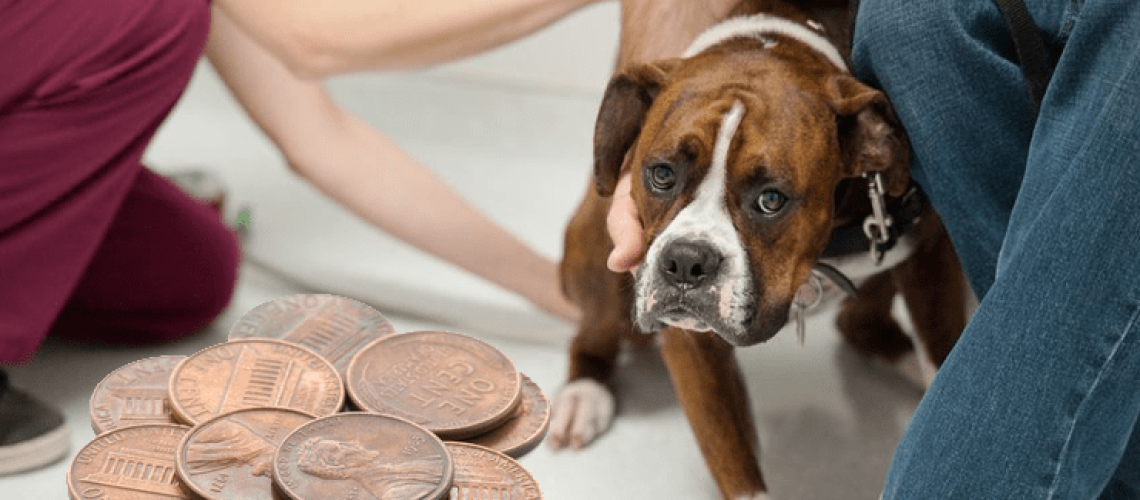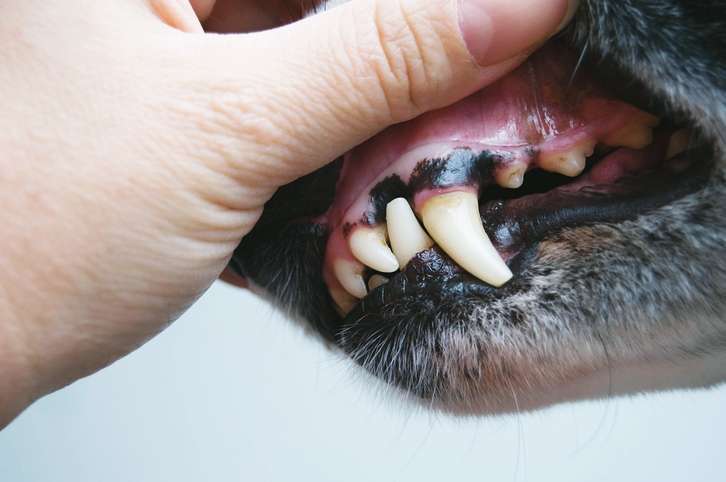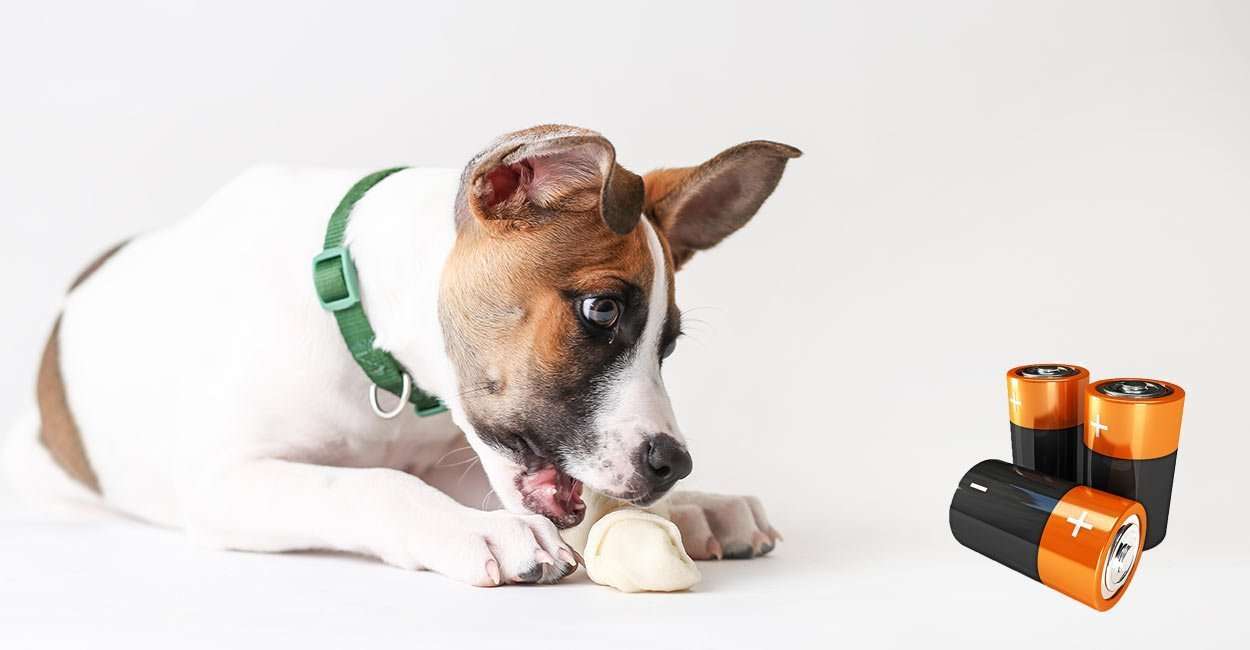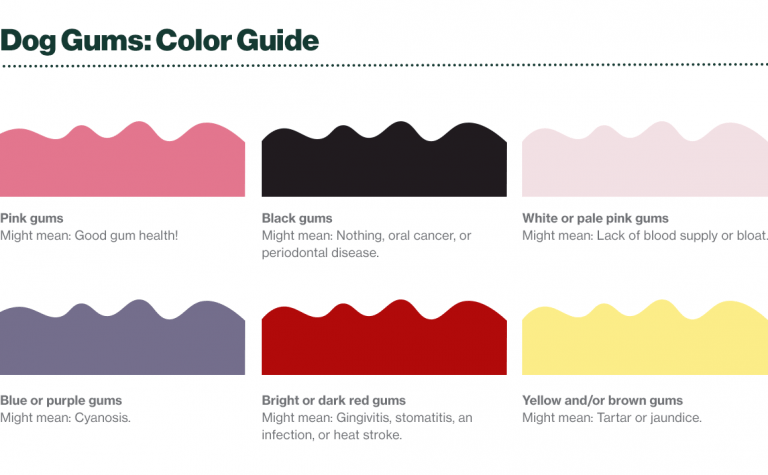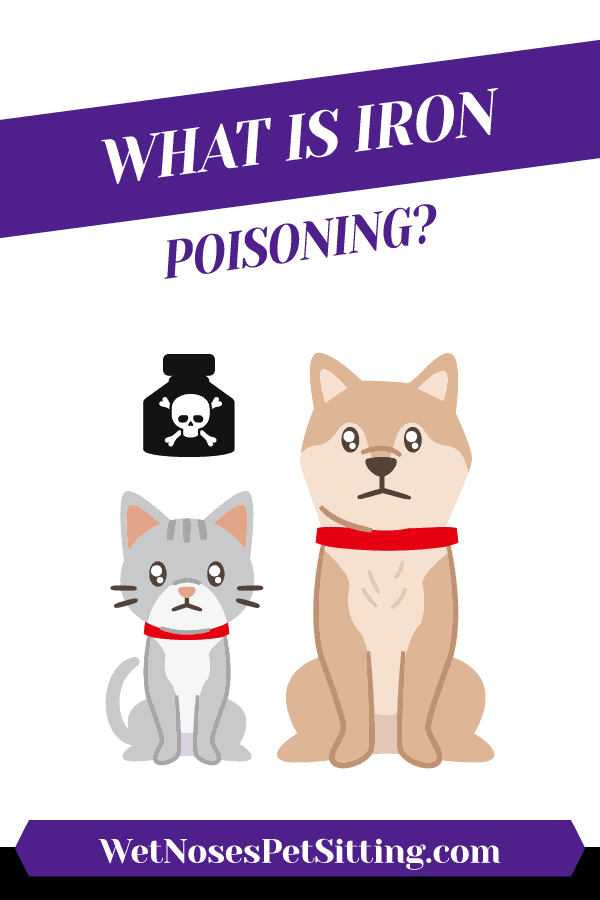Key Takeaways:
- Zinc poisoning in dogs can occur when they ingest objects containing zinc, such as coins, batteries, or certain medications.
- Common symptoms of zinc poisoning in dogs include vomiting, diarrhea, loss of appetite, lethargy, and pale gums.
- If you suspect your dog has ingested a zinc-containing object or is showing symptoms of zinc poisoning, it is important to seek veterinary care immediately.
- Treatment for zinc poisoning may involve inducing vomiting, administering activated charcoal to absorb the toxin, and providing supportive care to manage symptoms.
- Preventing zinc poisoning in dogs involves keeping potentially hazardous objects out of their reach and being aware of common sources of zinc in the environment.
Are you a dog lover? Do you want to ensure the health and safety of your furry friend? Then, understanding the dangers of zinc poisoning in dogs is essential! Did you know that zinc toxicity is one of the most common types of poisoning in canines? This alarming fact highlights the value of delving into this subject. By exploring this topic, you will gain valuable knowledge on how to keep your four-legged companion out of harm's way. So, let's dive into the world of zinc poisoning in dogs and equip ourselves with the information needed to protect our beloved pets from this silent threat.
What is Zinc Poisoning in Dogs and How Does it Happen?
Zinc poisoning occurs when dogs consume too much zinc, a mineral that is essential for their health in small amounts. Zinc can be found in various household items and objects, such as coins, batteries, and certain metal objects. When dogs ingest these items or substances containing zinc, it can lead to an overdose and poisoning.
When a dog ingests excessive amounts of zinc, it can interfere with their body's ability to absorb other important minerals like copper. This imbalance can cause severe health issues and toxicity symptoms. It's important to note that not all sources of zinc are harmful to dogs. The danger lies in the amount consumed and the type of zinc compound involved.
How Does Zinc Poisoning Happen?
Zinc poisoning usually happens when dogs chew on or swallow objects that contain high levels of this mineral. Some common sources of zinc include:
- Pennies minted after 1982: These pennies have a zinc core covered with a thin layer of copper.
- Batteries: Certain batteries contain significant amounts of zinc.
- Jewelry: Some jewelry pieces, particularly those made from cheap metals or alloys, may contain traces of toxic zinc compounds.
- Nails, screws, or other metal objects: If left within reach, dogs may chew on these items and accidentally ingest them.
The Dangers of Zinc Poisoning
Zinc poisoning can have serious consequences for your dog's health. When ingested in large quantities, it can damage their red blood cells, kidneys, liver, and pancreas. The severity of symptoms depends on the amount of zinc consumed and how quickly treatment is administered.
Common symptoms of zinc poisoning in dogs include vomiting, diarrhea, loss of appetite, lethargy, pale gums, jaundice (yellowing of the skin and eyes), and increased thirst and urination. If left untreated, it can lead to organ failure and even death.
Recognizing Symptoms of Zinc Poisoning in Your Dog
Zinc poisoning can have serious consequences for your dog's health. It is important to be able to recognize the symptoms so that you can take immediate action. Some common signs of zinc poisoning in dogs include vomiting, diarrhea, loss of appetite, lethargy, and pale gums. In severe cases, you may also notice jaundice (yellowing of the skin and eyes), seizures, or difficulty breathing. If you suspect that your dog has ingested a harmful amount of zinc, it is crucial to seek veterinary help right away.
Common Symptoms:
- Vomiting
- Diarrhea
- Loss of appetite
- Lethargy
Severe Symptoms:
- Jaundice (yellowing of the skin and eyes)
- Seizures
- Difficulty breathing
It is important to note that these symptoms may vary depending on the amount of zinc ingested and the individual dog's sensitivity. If you notice any unusual behavior or suspect zinc poisoning, it is always best to consult with a veterinarian for proper diagnosis and treatment.
Are Certain Dog Breeds More Prone to Zinc Poisoning?
While all dogs are susceptible to zinc poisoning if they ingest a toxic amount, certain breeds may be more prone to this condition due to their curious nature or dietary preferences. Breeds such as Labrador Retrievers, Golden Retrievers, Beagles, and German Shepherds are known for their tendency to explore their surroundings with their mouths. This behavior increases their risk of accidentally ingesting objects containing zinc.
Breeds Prone to Zinc Poisoning:
- Labrador Retrievers
- Golden Retrievers
- Beagles
- German Shepherds
Additionally, some dogs have specific dietary preferences that make them more likely to consume zinc-containing items. For example, dogs that enjoy chewing on metal objects or have a habit of swallowing coins may be at a higher risk.
It is important for dog owners, regardless of breed, to be vigilant and take necessary precautions to prevent their pets from accessing harmful sources of zinc.
Potential Sources of Harmful Zinc for Dogs
Zinc can be found in various everyday objects and substances that may pose a danger to your dog if ingested. It is crucial to be aware of these potential sources and take steps to keep them out of your dog's reach. Some common sources of harmful zinc for dogs include:
1. Pennies: Pennies minted after 1982 contain a high amount of zinc, which can be toxic if swallowed by your dog.
2. Hardware: Nails, screws, bolts, and other metal hardware items may contain zinc coatings that can be dangerous if chewed or swallowed.
3. Jewelry: Some jewelry pieces, especially those made with cheap metals or alloys, may contain zinc that can harm your dog if ingested.
4. Batteries: Certain types of batteries, such as button cell batteries used in watches or remote controls, contain significant amounts of zinc that can cause poisoning if punctured or chewed on.
5. Zinc oxide creams: While commonly used in human skincare products like diaper rash creams or sunscreens, these topical treatments should never be ingested by dogs as they can lead to toxicity.
By being aware of these potential sources and taking proactive measures to secure them away from your furry friend's reach, you can greatly reduce the risk of zinc poisoning in your dog.
Tips for Preventing Zinc Poisoning in Your Dog
Prevention is key when it comes to keeping your dog safe from zinc poisoning. Here are some essential tips to help you minimize the risk:
1. Keep small objects containing zinc out of reach: Store coins, jewelry, batteries, and other small items in secure containers or cabinets that your dog cannot access.
2. Be cautious with hardware materials: When working on DIY projects or repairs, ensure that your dog is kept away from areas where metal hardware is present to prevent accidental ingestion.
3. Use pet-safe products: Opt for pet-friendly alternatives when it comes to creams, ointments, and skincare products to avoid any potential zinc toxicity from accidental ingestion.
4. Supervise outdoor activities: If your dog has a habit of chewing on objects during walks or playtime, closely monitor their behavior and redirect their attention to safe toys or treats.
5. Regularly inspect your surroundings: Conduct routine checks around your home and yard to identify any potential sources of zinc that may have been overlooked.
By implementing these preventive measures and staying vigilant, you can significantly reduce the chances of zinc poisoning in your beloved canine companion.
Suspected Zinc Ingestion: What Should You Do?
If you suspect that your dog has ingested a harmful amount of zinc or if they are showing symptoms of poisoning, it is crucial to take immediate action:
1. Contact a veterinarian: Call your veterinarian right away for guidance on what steps to take next. They will provide specific instructions based on the severity of the situation.
2. Provide information: Be prepared to provide details about the suspected source of zinc and any observed symptoms. This will help the veterinarian assess the situation more accurately.
3. Follow professional advice: Follow the veterinarian's instructions carefully, which may include inducing vomiting (only if recommended by a professional), bringing your dog in for an examination, or providing supportive care at home until further evaluation.
Remember, time is of the essence when dealing with potential poisoning cases. Acting promptly and seeking veterinary assistance can greatly increase the chances of a positive outcome for your furry friend.
In conclusion, zinc poisoning in dogs can be very dangerous and even deadly. It is important for dog owners to keep zinc-containing items out of their reach to prevent accidental ingestion and seek immediate veterinary care if any symptoms occur.
What are the first signs of zinc toxicity in dogs?
The initial stage is marked by symptoms such as vomiting, diarrhea, loss of appetite, tiredness, and weight loss, which may lead to the development of ulcers and dark, tarry stools. These gastrointestinal symptoms can appear within a few minutes to several hours or even days, depending on the source of the zinc.
How much zinc is toxic to dogs?
The lethal dose (LD50) of zinc salts in cases of acute poisoning in small animals is approximately 100 mg/kg. Diets with high levels of zinc have been known to cause long-term zinc poisoning in larger animals.
How do you treat zinc poisoning in dogs?
During endoscopy, the doctor can examine the mucosa for any signs of irritation or ulcers caused by zinc. If the object has moved into the small intestine, a laparotomy surgery may be required. Treatment for hemolytic anemia often involves the use of blood products, such as packed red blood cells or whole blood.
What happens if a dog has too much zinc?
Pets that have been severely poisoned may experience damage to their liver, kidneys, heart, or pancreas. They may also show signs of increased drinking, urination, weight loss, abdominal pain, or enlargement of organs. In rare instances, they may exhibit neurologic symptoms like lack of coordination and seizures.
How do you reverse zinc toxicity?
Chelation is a medical procedure that eliminates surplus metals like zinc, copper, or lead from the body. In this treatment, a physician administers a medication that binds the excess zinc and excretes it from the body through urine.
What does zinc toxicity look like?
Zinc is generally considered safe when taken orally, with minimal toxicity. However, if taken in excessively high amounts, symptoms of toxicity such as nausea, vomiting, stomach pain, tiredness, and weakness may occur.



